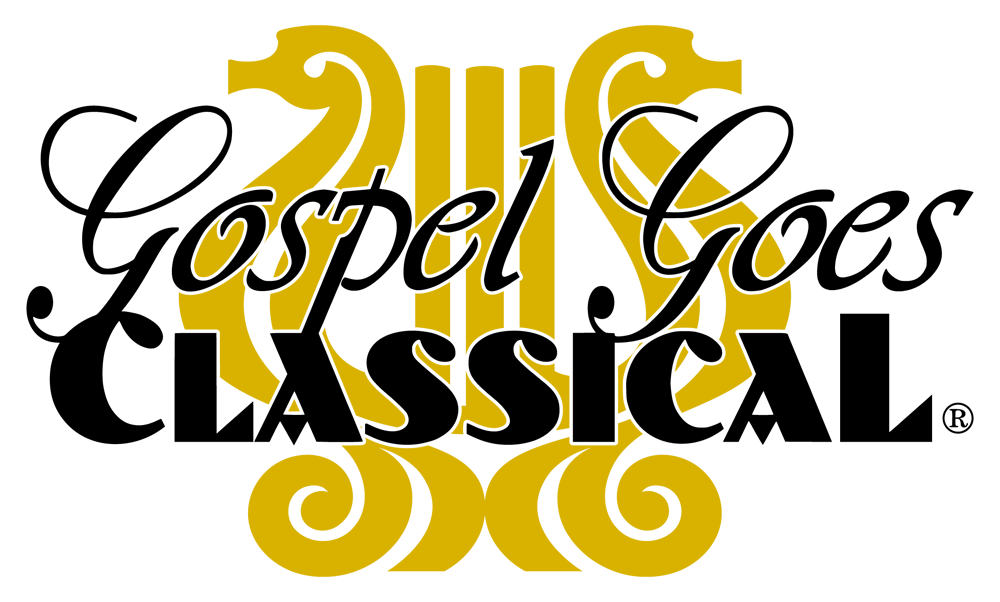Marvin Winans is calling on the power of music to unify America

In August 2017, a few days after the violent events in Charlottesville, Va., I sat down for coffee with my friend Moses. Moses is a black man who grew up in southern Dallas and has faced his share of racism. I told Moses I was sorry for what he was going through. I told him I wanted to understand. I told him I was joining a book club on race.
Moses said, “Ryan, that’s great. I’m glad you’re doing that. But I have to tell you; that’s a very white, suburban, college-educated way to approach this problem. You’re going to read a book. What you really need to do is come to the barbershop with me.”
What Moses was telling me is that my approach to the issue of race relations needed to be more than academic. I needed to live it. I needed to bring my whole being to the project: body and soul, not just mind.
Half an hour before Grammy award-winning gospel singer Marvin Winans took the stage at the Meyerson Symphony Center in Dallas Thursday night, he offered a similar perspective.
“Most whites, no matter how empathetic they are, they have never lived it,” Winans said, sitting in front of a piano in his green room. “They don’t know what it is to go down the street and be pulled over simply because you’re black. They don’t know what it is to walk into a grocery store and have people follow you down the aisle to see if you’re stealing anything.”
Winans headlined an event called Gospel Goes Classical featuring the Dallas Symphony Orchestra and a 200-voice choir with representatives from 40 North Texas churches, synagogues and mosques. The event was a fundraiser for Project Unity, a faith-based nonprofit promoting what it calls “safe conversations” about race, founded by Richie Butler, pastor of St. Paul United Methodist Church. And judging by the shouts, applause and lifted hands, the 2,000-member audience was participating mind, body and soul. Women waved programs like fans and when Winans intoned “Draw me, my Jesus” someone shouted, “Yes, Lord!”
“Music has the ability to make us think and feel the same things,” Winans said. The power to inspire unity.
After the 2016 shooting that killed five Dallas police officers, Butler’s organization launched a “year of unity” that has lasted more than two years. Project Unity has sponsored dozens of events with that theme. Together We Pray is a weekly prayer meeting for clergy. Together We Ball is a community basketball game featuring Dallas police, pastors and community leaders. Together We Sing is an interfaith musical event held during the State Fair of Texas with a 100-voice choir. And Together We Dine is a series of dinners that put strangers of diverse backgrounds at a common table. Those dinners have been hosted by several churches, including Highland Park United Methodist and Preston Hollow Presbyterian, as well as organizations like AT&T and the Dallas Bar Association. Butler said some of those tables have spawned friendships that have lasted for years.
“These are people that probably would never have connected or had a relationship if not for that event,” Butler said. “Unfortunately, as a pastor, I can say that religion hasn’t always been a unifying vehicle. We want to change that. We’re focused on organic transformation, one conversation at a time.”
That’s a message that Larry and Glendoria Boyd, retired missionaries who attend Great Commission Baptist Church in Fort Worth, can support. They bought their tickets to Gospel Goes Classical as soon as they heard about the event.
“I have followed the Winans for 40 years,” Larry said during the show’s intermission. “I remember Marvin’s parents, Mom and Pop Winans. I was pleased to hear about Project Unity because we certainly need unity.”
Inside the sold-out hall, Winans delivered a barrel-chested crescendo to “What a Friend We Have In Jesus” while guest conductor Jeri Lynne Johnson motioned emphatically to the 60-piece orchestra. In the choir loft above them, men in tuxedos and women in brightly colored gowns sang a tribute to Aretha Franklin. When the final song crescendoed with the lyrics, “Together we stand, divided we fall. Let’s build a bridge and tear down a wall” the crowd roared to its feet.
Back in the green room, Winans returned to the theme of the power of music. He told a story about performing at a birthday party for Maya Angelou at Mar-a-Lago, years before President Donald Trump’s political career began. Trump’s son Barron was a preschooler. He danced all through the concert. After the show, Trump approached Winans. “He likes you,” Trump said, indicating Barron. “He was sitting still until you started singing.”
“Music has that ability,” Winans said, his elbow clanging black and white keys on the green room piano. “When there’s this determination to build walls, we need to step back and say a bridge serves a greater purpose.”
Ryan Sanders is a writer and pastor at Irving Bible Church. He wrote this column for The Dallas Morning News.
-
Recent Posts
- Gospel Goes Classical Decade Celebration Tour “Live” Cape Town
- Gospel Goes Classical – Jesus Is Coming Again
- Jones High School Choir Wins Gospel Goes Classical 2019 Auditions.
- Gospel Goes Classical Orlando High School Choir Press Release.
- Marvin Winans is calling on the power of music to unify America
Recent Comments
Archives
Categories
Meta
